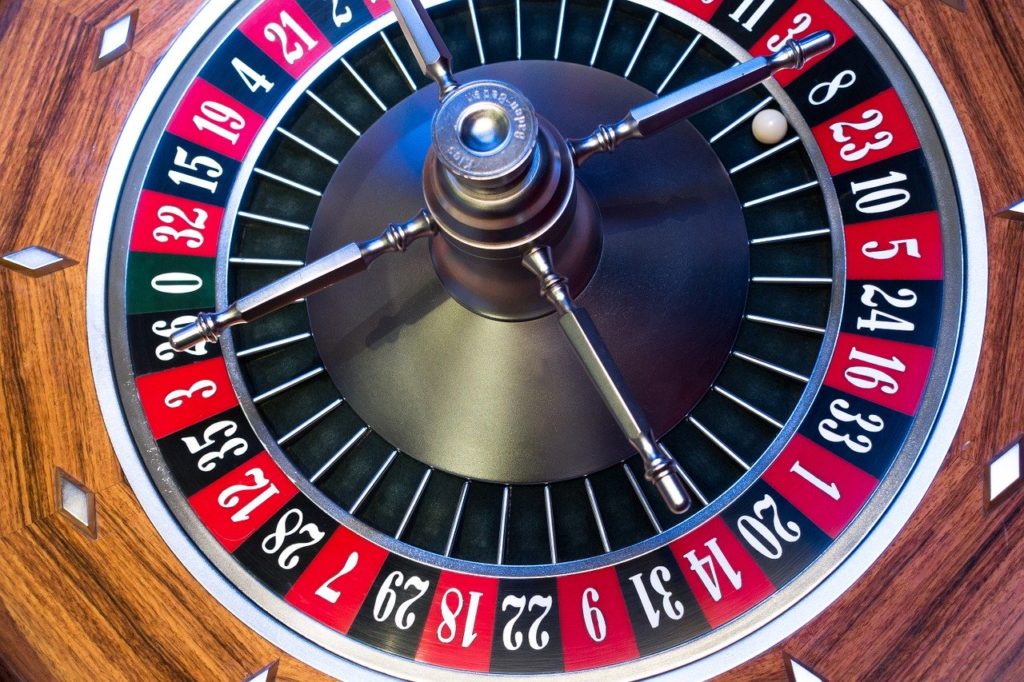Roulette History – Origins of Roulette
Roulette is one of the oldest casino games still in existence. The name roulette derives from French, and means “small wheel”. There are a number of theories about the origins of the game, but the early history of roulette is still essentially a mystery.
There are four main theories about how roulette began:
- Some people believe that French scientist and mathematician Blaise Pascal invented roulette in the mid-seventeenth century as a by-product of his investigations into perpetual motion. Blaise Pascal was also known for his later experiments regarding probability theory, which involved dice throwing and so this could explain why he has been connected with gambling.
- Another theory claims that roulette was invented by a French monk looking for ways to break up the tedium of monastic life.
- The third theory claims that roulette was based on an ancient Chinese game which involved arranging 37 animal statuettes into a square, but was adapted by a French Dominican monk who decided to use the numbers 0-36 rather than statuettes, and arranged the numbers around a wheel.
- The final theory is that the game of roulette developed from ancient Roman games that involved people tipping chariots on their side and spinning one of the wheels in order to use them for a game of chance.
However, there is no real historical evidence to support any of these claims.
Roulette History – Modern Roulette
The first historical reference to a game involving a spinning wheel and a ball is in eighteenth century England where it was referred to as roly-poly. It was banned in the Gaming Acts of 1739 and 1740.
Roulette History – The American Roulette Wheel
The double zero roulette wheel (also now known as the American roulette wheel) is believed to have first been introduced to casinos in Paris in the late eighteenth-century. At this time, the single zero compartment on the wheel was coloured red and the double zero compartment was coloured black. However red/black bets did not apply if the 0 or 00 came up, and so eventually both compartments were coloured green to avoid confusion.
The double zero roulette wheel is believed to have been introduced to America in the early nineteenth-century by Europeans who had immigrated to New Orleans.
Roulette History – The European Roulette Wheel
The single zero roulette wheel (now known as the European roulette wheel) is said to have been invented by French brothers Louis and Francois Blanc in 1842. Because the removal of the 00 resulted in a lower house edge, this version of roulette became increasingly popular throughout Europe. However, it failed to catch on in the USA, and so you can find both single zero roulette and double zero roulette played today.





